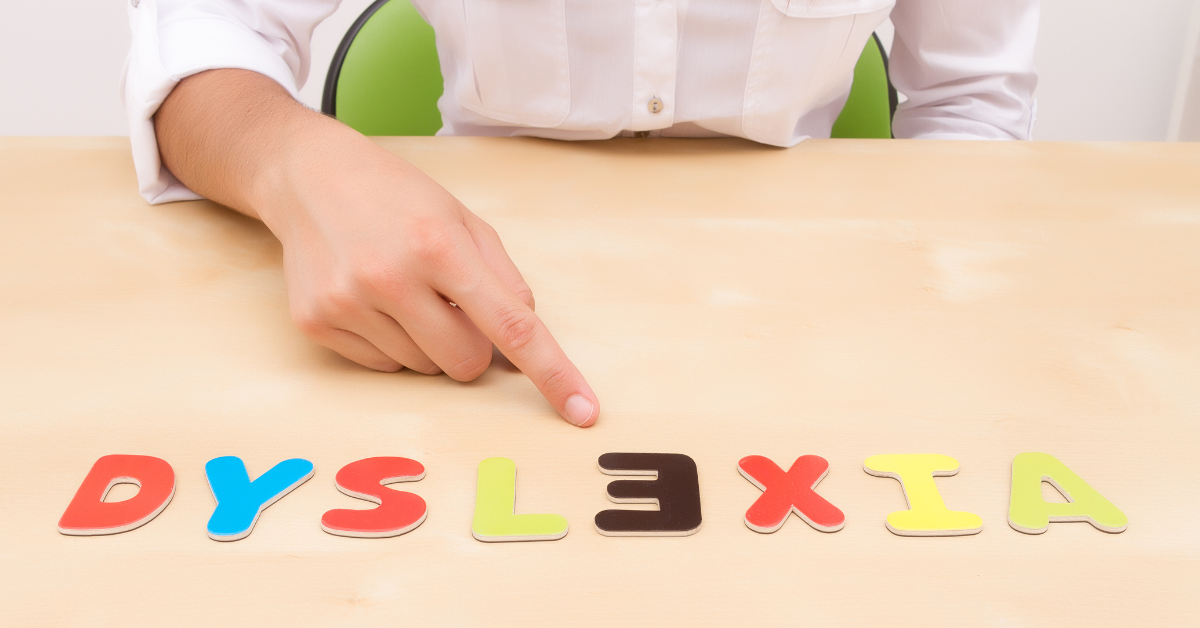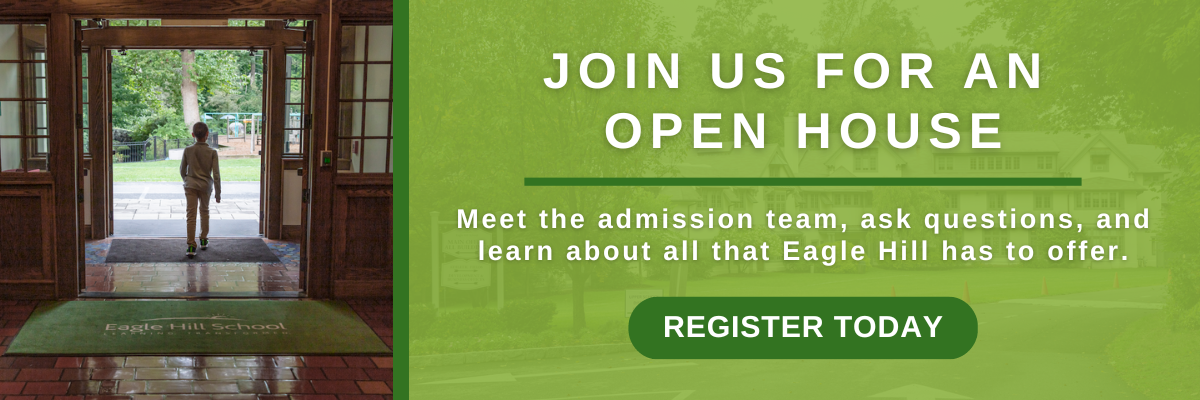Dyslexia is statistically the most common learning difference in the world, with one in every five people showing symptoms. With so many people dealing with dyslexia, there is a great need for effective therapies and coping skills.
It's pretty standard for people with dyslexia to struggle in school due to their difficulties with reading. Unfortunately, our schoolwork and GPA are given significant weight in our early lives. This is why addressing the condition as early as possible is essential.
How do we address dyslexia, and what can we do to help those who struggle with it? We'll talk more about that in this article.
The First Step: Getting a Diagnosis
Before discussing dyslexia coping skills and how your child can manage their dyslexia, we should discuss what you and the school can do for them. Making the school aware of your child's learning differences will help them adjust their teaching methods, making things much easier for them.
Keep in mind that many teachers and other officials won't change their methods without an official diagnosis. The good news is that this isn't difficult to do. You might not even have to take the first step because public schools must address any suspected cases of dyslexia.
To help your dyslexic child, you'll need to work with a doctor to determine what type of dyslexia they have. For example, it's a common misconception that difficulty with reading is the only type of dyslexia, but it's not.
There are several different types of dyslexia. Dyscalculia, for instance, describes difficulty dealing with math and numbers, while dysgraphia denotes difficulty with writing.

Consider Auditory Options
One popular method of overcoming dyslexia is to bypass it. For example, some schools will allow your child to record their presentations or use audio recordings of textbooks since this allows the child to focus on their lessons without worrying about whether they're reading or writing correctly.
Thankfully, many of these accommodations aren't hard to set up. There are even online services that offer audiobooks to those that need them.
Amend Classroom Handouts
Giving students handouts containing class notes is another way to help a child with learning differences. Granted, the child still has to read the handouts, even if they don't have to write notes anymore.
Thankfully, there's a solution to this, as well. Certain factors seem to trigger dyslexia, so working around them could help mitigate or reduce dyslexia symptoms.
These issues are spacing, text color, or even a font that is too complicated or too small to read. A well-spaced list of essential points written in a clear style with colored text can do wonders. Using highlighters to mark critical ideas can work in the same way.
Provide Extra Time and Space
Learning differences are only one part of the equation for the average child with dyslexia. Stress also plays a role, and stress only increases in response to additional constraints.
This is a struggle we can all relate to. Who doesn't get a little scared when a deadline is approaching, and we're running out of time to do our work? Which of us doesn't despise having to ignore noises all around us when we're trying to concentrate?
Giving the child quiet areas to complete tests, homework, or even extra time can help level the playing field.

Encourage Creative Hobbies
Creative activities like painting, drawing, and sculpting can be of great therapeutic benefit to children with dyslexia and other learning differences. However, we should warn you that, as simple as it may seem, only licensed professionals should attempt to administer art therapy.
Art therapy requires a specific professional approach. For example, while sketching in a notebook might be calming on a bad day, it's unlikely to offer the same benefits as seeing a professional.
Make Space for Confidence and Positivity
Dyslexia's impact doesn't end in the classroom. Unfortunately, the reading and comprehension struggles tend to weigh on a child, and their self-esteem can suffer. Therefore, it's essential to interact with the child and let them know that dyslexia is a medical condition, that it's not their fault, and that they shouldn't judge themselves for it.
Believe it or not, dyslexia is not an intellectual issue. On the contrary, most people with dyslexia are highly competent learners and tend to be at least as intelligent as the average child their age.
Most schools are equipped to handle situations like this. The government recommends that every school employs one counselor for every 250 students. Your child might benefit from seeing their school counselor/s.
Prepare Specialized Programs
Sometimes, a focused, specialized approach is the best way to go. Fortunately, some schools and programs were created to help students with learning differences thrive despite difficulties.
We are proud to represent one such school. So, if you're in the Greenwich, Connecticut, area, look into our program today and join us for an Open House.
Coping Skills for Children with Dyslexia Matter
Dyslexia isn't an easy thing to deal with, but there are plenty of coping skills that can help. We've discussed a few techniques to help your child cope and thrive with dyslexia in this article, but there's always more to learn.
We can tell you more about dyslexia treatments and learning differences in general by looking around our website. If you have a child with a learning difference, we're more than happy to help. If you're considering enrolling your child, we encourage you to request more information about Eagle Hill School and what we do there.



